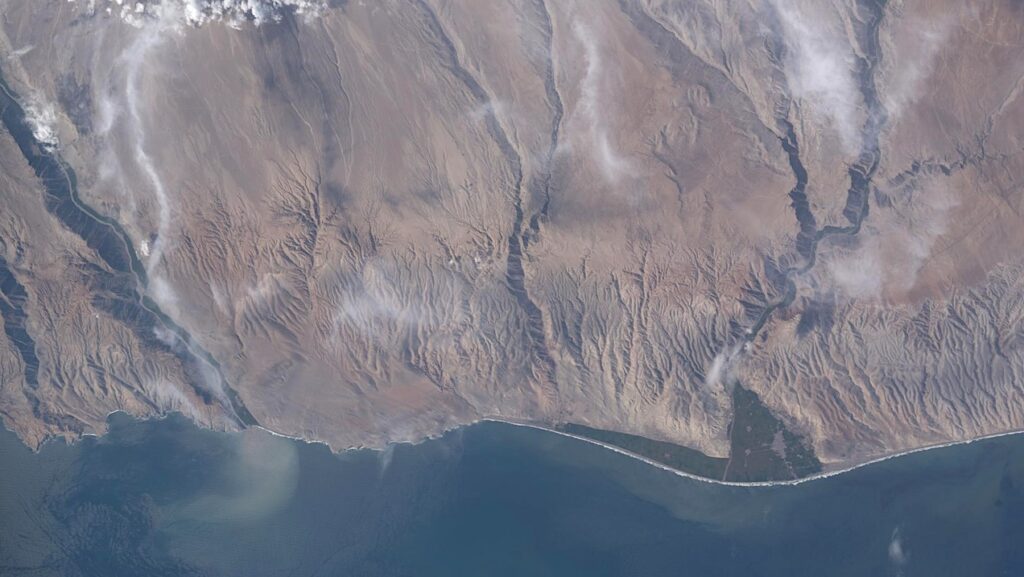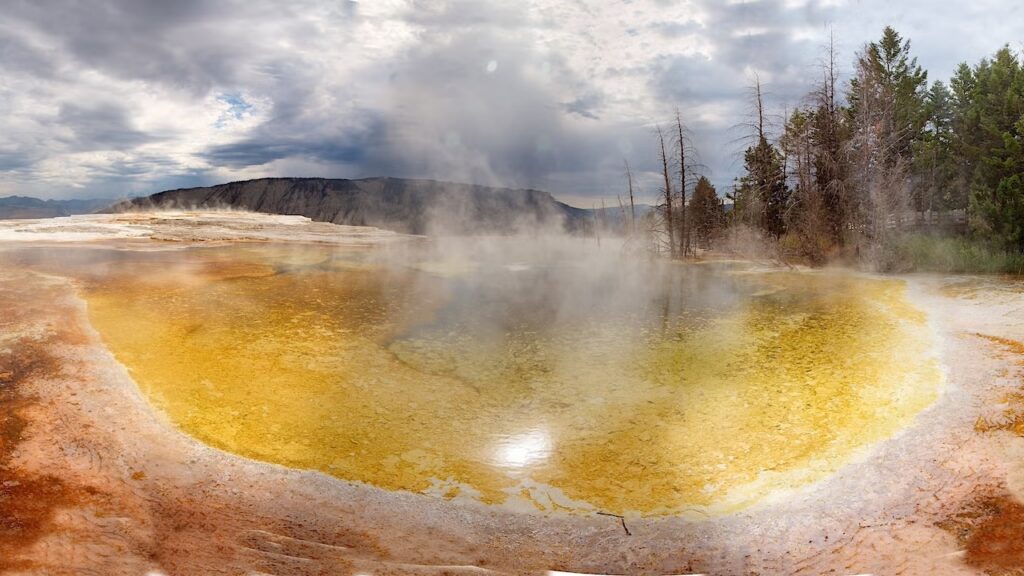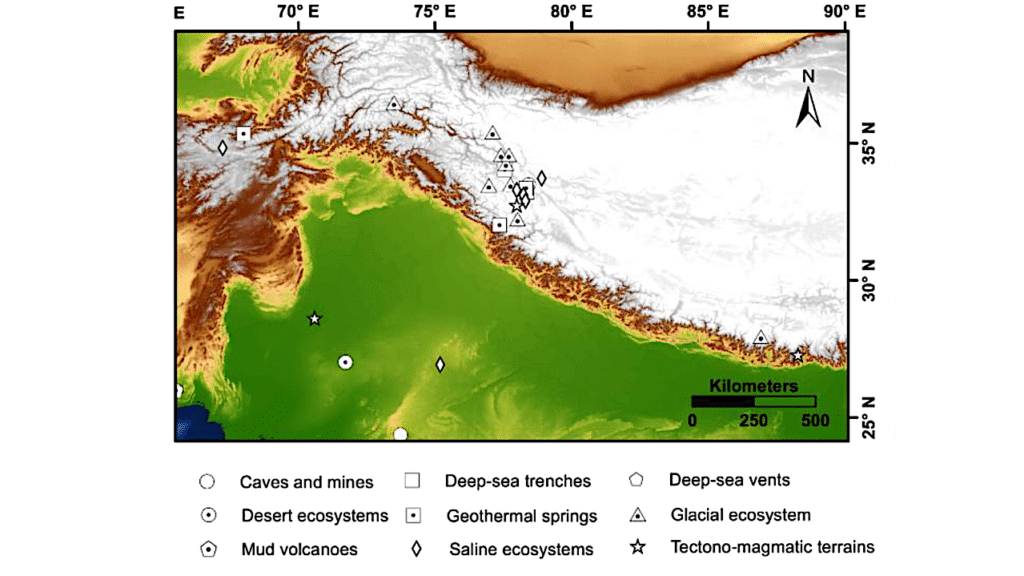Future Of The Search For Life: Workshop Report

The 2-week, virtual Future of the Search for Life science and engineering workshop brought together more than 100 scientists, engineers, and technologists in March and April 2022 to provide their expert opinion on the interconnections between life-detection science and technology.
Participants identified the advances in measurement and sampling technologies they believed to be necessary to perform in situ searches for life elsewhere in our Solar System, 20 years or more in the future. Among suggested measurements for these searches, those pertaining to three potential indicators of life termed “dynamic disequilibrium,” “catalysis,” and “informational polymers” were identified as particularly promising avenues for further exploration.
For these three indicators, small breakout groups of participants identified measurement needs and knowledge gaps, along with corresponding constraints on sample handling (acquisition and processing) approaches for a variety of environments on Enceladus, Europa, Mars, and Titan.
Despite the diversity of these environments, sample processing approaches all tend to be more complex than those that have been implemented on missions or envisioned for mission concepts to date. The approaches considered by workshop breakout groups progress from nondestructive to destructive measurement techniques, and most involve the need for fluid (especially liquid) sample processing.
Sample processing needs were identified as technology gaps. These gaps include technology and associated sampling strategies that allow the preservation of the thermal, mechanical, and chemical integrity of the samples upon acquisition; and to optimize the sample information obtained by operating suites of instruments on common samples.
Crucially, the interplay between science-driven life-detection strategies and their technological implementation highlights the need for an unprecedented level of payload integration and extensive collaboration between scientists and engineers, starting from concept formulation through mission deployment of life-detection instruments and sample processing systems.
https://pubmed.ncbi.nlm.nih.gov/38227837/
astrobiology








